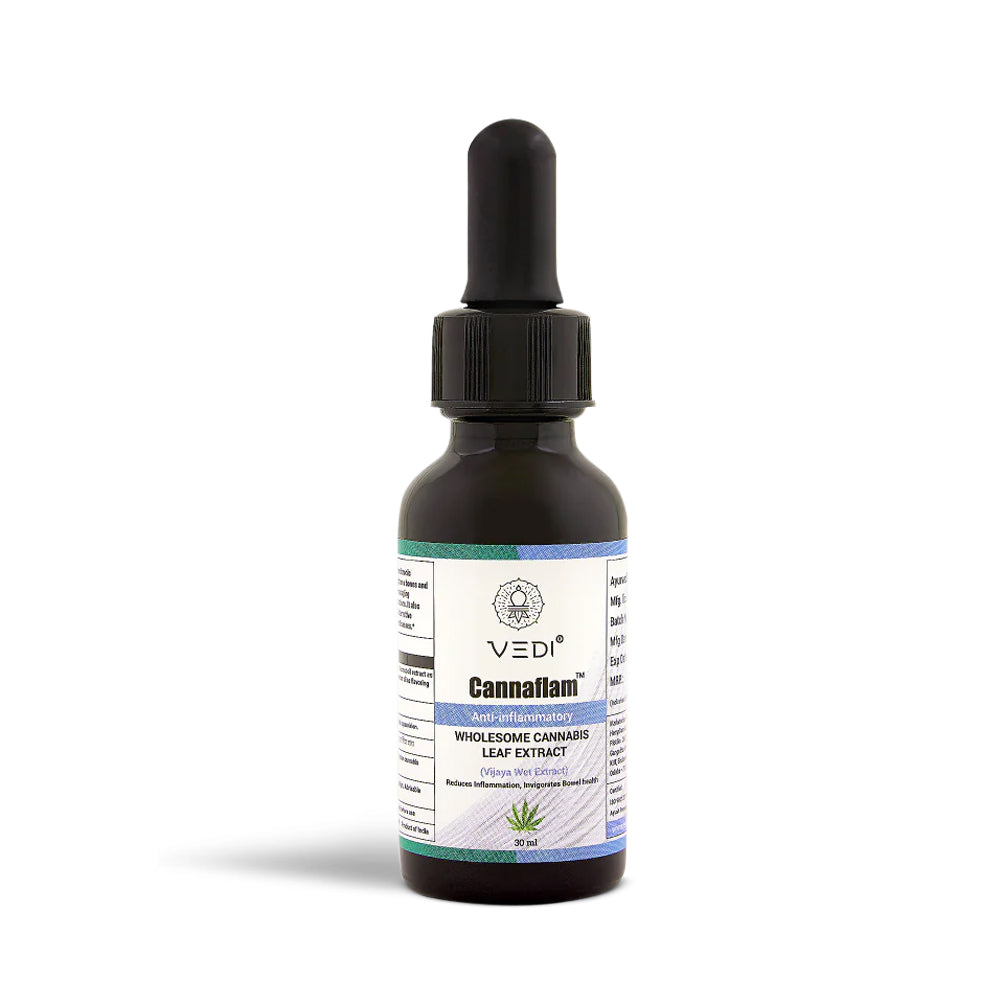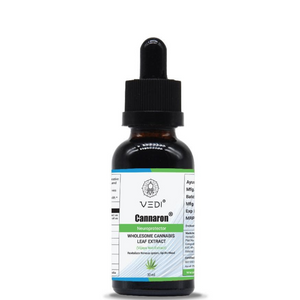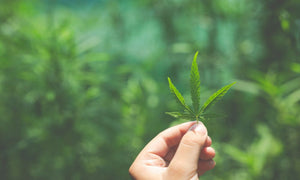Type 1 and Type 2 Diabetes: Key Differences

Diabetes is a chronic condition that affects how your body regulates blood sugar. There are two main types: Type 1 and Type 2. Understanding the key differences between these two types is crucial for effective management and prevention of complications.
This article provides a detailed comparison of Type 1 and Type 2 diabetes, covering their causes, symptoms, treatment options, and potential complications.
What is the Difference Between Type 1 and Type 2 Diabetes?
As you can see, Type 1 and Type 2 diabetes are distinct conditions with different underlying causes. Such as,
| Feature | Type 1 Diabetes | Type 2 Diabetes |
| Cause | Autoimmune disease where the body's immune system attacks the insulin-producing cells in the pancreas. | The body becomes resistant to insulin, or the pancreas doesn't produce enough insulin. |
| Onset | Typically diagnosed in children and young adults. | Usually diagnosed in adults, but can also occur in children and adolescents. |
| Insulin Requirement | Requires daily insulin injections to manage blood sugar. | May or may not require insulin, often initially managed with diet, exercise, and oral medications. |
| Risk Factors | Genetic predisposition, autoimmune factors. | Obesity, physical inactivity, family history, age, and ethnicity. |
| Can one turn into the other? | No, they are distinct conditions. | No, but lifestyle changes can help manage Type 2 diabetes and prevent complications. |
Type 1 vs Type 2 Diabetes Complications
Both types of diabetes can lead to serious complications if not managed properly. These include:
- Heart disease
- Stroke
- Kidney disease
- Nerve damage
- Eye problems
- Amputations
Is it possible for Type 1 diabetes to progress into Type 2 diabetes, or is Type 2 diabetes more severe than Type 1?
Type 1 Diabetes cannot turn into Type 2 Diabetes. They are two distinct conditions with different underlying causes.
While both Type 1 and Type 2 diabetes can have severe complications if not managed properly, it's important to note that the severity can vary from person to person. Type 1 diabetes often requires insulin injections from the onset, while Type 2 diabetes may initially be managed with lifestyle changes and medications.
However, both can lead to complications like heart disease, stroke, kidney disease, nerve damage, eye problems, and amputations. Regular monitoring, adherence to treatment plans, and a healthy lifestyle are crucial for managing both Type 1 and Type 2 diabetes and reducing the risk of complications.
In addition to conventional medical treatments, some people with diabetes may also explore alternative therapies. Ayurvedic medicine, a traditional Indian healing system, offers a range of natural remedies that may be beneficial for managing diabetes.
Vedi Herbals is a renowned Ayurvedic brand that provides various herbal products specifically designed to support diabetes management.
What are the key dietary differences between managing Type 1 and Type 2 diabetes?
While both types require careful management of blood sugar levels, the specific dietary needs may vary slightly. Consult with a healthcare professional or registered dietitian for personalized guidance.
People with both type 1 and type 2 diabetes should focus on a Diet that includes a variety of healthy whole foods while avoiding processed foods, sugary drinks, and foods high in saturated and trans fats. This approach helps manage blood sugar levels, promotes heart health, and reduces the risk of diabetes complications.
Here's a quick overview of what to eat and avoid:

What to eat:
- Whole grains: Brown rice, quinoa, whole-wheat bread, oats
- Fruits: Apples, berries, grapes, oranges
- Vegetables: Leafy greens, broccoli, carrots, bell peppers
- Beans and legumes: Lentils, chickpeas, black beans
- Lean proteins: Chicken, fish, turkey, tofu, tempeh
- Healthy fats: Olive oil, avocados, nuts, seeds
What to avoid:
- Sugary drinks: Soda, fruit juice, sweetened tea
- Processed foods: Fast food, packaged snacks, sugary cereals
- Refined grains: White bread, white rice, white pasta
- Saturated and trans fats: Red meat, fatty dairy, fried foods
- Artificial sweeteners: Excessive amounts may negatively impact blood sugar control.
In conclusion, both Type 1 and Type 2 diabetes are serious conditions that require careful management.
Understanding the differences between them can help you work with your healthcare provider to develop an effective treatment plan.
FAQ
Question 1: What is Type 1 diabetes?
Answer: Type 1 diabetes is an autoimmune disease where the body's immune system attacks insulin-producing cells in the pancreas.
Question 2: What is Type 2 diabetes?
Answer: Type 2 diabetes is characterized by insulin resistance or insufficient insulin production, commonly associated with obesity and inactivity.
Question 3: Can Type 1 diabetes progresses into Type 2 diabetes?
Answer: No, Type 1 diabetes cannot turn into Type 2 diabetes. They are separate conditions with different causes.









